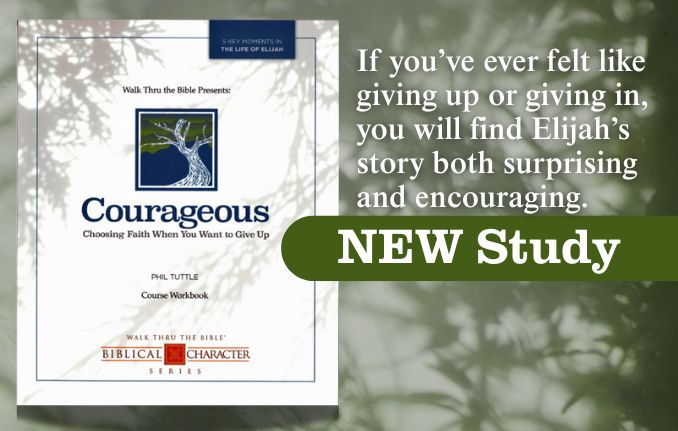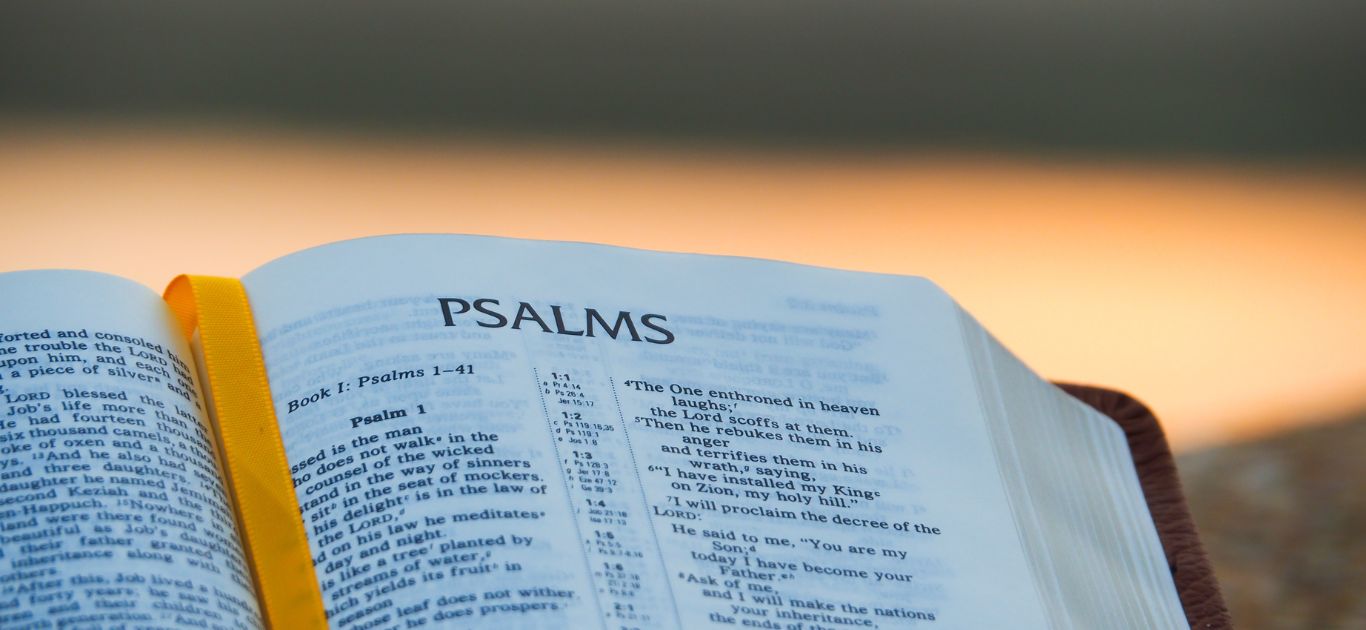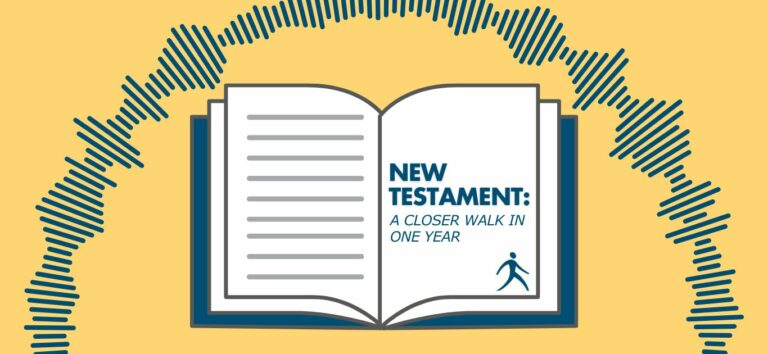
5 Tips for Reading the Psalms
“The Psalms are inexhaustible, and deserve to be read, said, sung, chanted, whispered, learned by heart, and even shouted from the rooftops. They express all the emotions we are ever likely to feel (including some we hope we may not), and they lay them raw and open, in the presence of God.” -N.T. Wright, Simply Christian
Having the Psalms in our Bible is a privilege. They help us express our innermost, and often most difficult, feelings and emotions to God. However, because of their emotional depth and complexity, reading through the Book of Psalms can be intimidating. Through what lens are we meant to read them? What do we do with all of their intense pain, grief, anger, and joy? When we read chapter after chapter about despair and heartache, how do we apply them to our lives?
Are you standing on the precipice of the Psalms—the longest book of the Bible—unsure of how to journey through? Take a deep breath. We can help. Here are some simple, practical pieces of advice that will help you navigate the book of Psalms and discover the beautiful truths God has waiting for you.
1. See the big picture.
When we read the Psalms, we can very easily get stuck on one line or verse. After all, many of the Bible’s most famous, quotable verses come from Psalms. But when we don’t read them in the context of the full chapter, we miss out on the greater message the psalmists want to communicate.
For example, let’s look at Psalm 42:1: “As the deer pants for streams of water, so my soul pants for you, my God.” You’ve probably heard this verse more times than you can count. We preach it in sermons, write it into worship songs, and even hang it as artwork in our homes. But if we just read the first verse and skip the rest of Psalm 42, we don’t actually understand what this Psalm is trying to tell us. By verse 9, the psalmist is in a very different place, saying, “I say to God my Rock, ‘Why have you forgotten me? Why do I go about mourning, oppressed by my enemy?’ My bones suffer in mortal agony as my foes taunt me, saying to me all day long, ‘Where is your God?’”
As you can see, if we read either of these verses out of context of the entire Psalm, we miss the big picture. Many Psalms start from a place of brokenness and end in a place of surrender and hope. I encourage you to read through each chapter in its entirety so that you can experience the full, rich, emotional journey on which they take you.
2. Pay attention to the patterns.
Because the Psalms are poetry, the writers often employ certain patterns. You’ll see parallelisms—two lines beside each other that say similar things, or perhaps completely opposite things. This parallel structure will often help us understand the points the psalmist Is making.
Psalm 37 gives us an example of this type of structure. David writes, “Do not fret because of those who are evil or be envious of those who do wrong.” He essentially says the same things twice, doubling down on his point that we should not waste our energy by giving undue focus to evildoers.
But in Psalm 37:9, he employs a contrasting structure: “For those who are evil will be destroyed, but those who hope in the Lord will inherit the land.” By setting these statements beside one another, he strengthens his message of why we can put our trust in God when we live righteously. By looking for patterns like these within the Psalms, we gain a better understanding of what the psalmists want to say—and how God’s people are supposed to live.
3. Immerse yourself in the imagery
One thing you’ll notice as you read through the Psalms is rich, beautiful imagery. As we read, let’s ask ourselves, “What is this image trying to tell me? What does it reveal about the writer’s message? What truth does it reveal about God?”
Let’s go back to Psalm 37, this time looking at verse 2. Speaking of evildoers, David writes, “for like the grass they will soon wither, like green plants they will soon die away.” What a clear, captivating image! Those who do evil may look prosperous and full of life, like beautiful greenery. However, just like a lush field during a drought, their flourishing won’t last long. Their earthly prosperity will indeed wither away.
God also uses the imagery of the Psalms to teach us about Himself. In Psalm 57:1, God inspires David to write, “Have mercy on me, my God, have mercy on me, for in you I take refuge. I will take refuge in the shadow of your wings until the disaster has passed.” Reading this verse, we can imagine ourselves as baby birds finding shelter and safety under the wings of a massive, powerful eagle. God is our protector, our shield, our refuge. Through the imagery of this Psalm, we see that we can fully rest in the strength and protection of God.
4. Break the silence
When you read your Bible, you’re probably reading it to yourself silently. Obviously, that’s how we read most things, and normally that’s okay. However, the Psalms were not written just for silent reading—they were also written for worship, even public worship.
Psalm 57 opens with the instruction, “For the director of music. To the tune of ‘Do Not Destroy.’” David’s intention for this Psalm is clearly that it be set to music. We may not know the tune of “Do Not Destroy,” but when we speak or even sing the Psalms, they take on new meaning. We are no longer merely reading what someone else has written; we are now declaring these emotions, these questions, and these praises from our own lips to God’s ears.
5. Linger a little longer
We’ve all had the experience of needing to grab something quick to eat on our way to work or an appointment. We swing through a fast-food restaurant, order something we can eat while driving, and then scarf it down without really thinking about how it tastes. In these moments, food becomes purely utilitarian. The point is not to enjoy the meal.
Then there’s the experience of going to a favorite restaurant. We wait eagerly until the waiter brings out what we ordered, and once the food is on the table, we want to savor every bite. This is not a time for rushing through a meal. We want to experience the flavor, the texture, everything that makes this meal so special to us.
We often read the Bible like it’s fast food. As our lives become increasingly busier, we can maybe carve out a few minutes to quickly read through a chapter, say a quick prayer, and then move on to the next thing. No Scripture benefits from such reading, but the Psalms especially so. As we’ve established, these are passages brimming with emotion, symbolism, and truth about the very nature of God. They deserve our time. And when we do make time to fully explore them, they will be worth every minute.
By: Michael Gunnin, Walk Thru the Bible’s Chief Growth Officer


